[Newsbits] 14.05-6.06.2024: Mission Karmayogi, Reverse Transcriptase & More
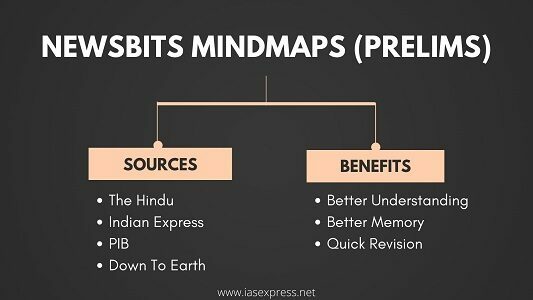
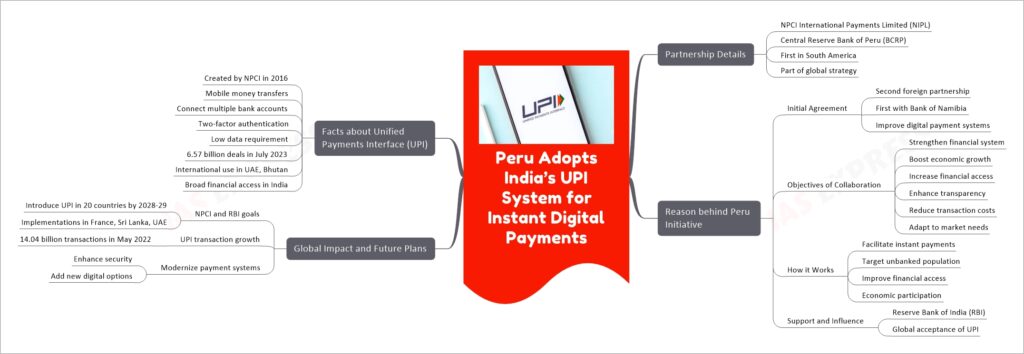
The partnership between NPCI International Payments Limited and the Central Reserve Bank of Peru aims to introduce a UPI-like instant payment system in Peru, marking the first such implementation in South America. This initiative seeks to enhance Peru’s financial infrastructure, promote economic growth, and increase financial inclusion. Supported by the Reserve Bank of India, this collaboration is part of a broader strategy to globalize UPI technology, with plans to expand to 20 countries by 2028-29.
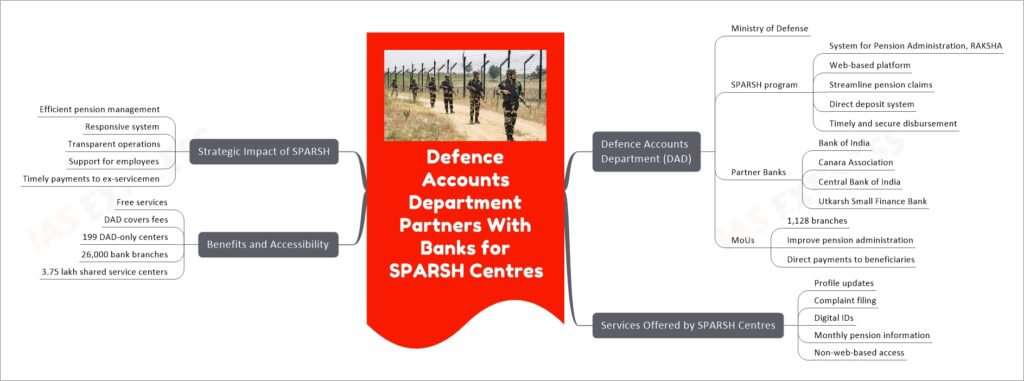
The Defence Accounts Department (DAD) has partnered with four banks to enhance the SPARSH program, which streamlines pension claims for defense personnel. The collaboration involves setting up SPARSH service centers in 1,128 branches nationwide. These centers offer services like profile updates, complaint filing, and digital IDs. The initiative ensures free services, covered by DAD, and aims to improve pension management, making it more efficient, responsive, and transparent.

A new study predicts global groundwater temperatures will rise by 2-3.5°C by 2100, impacting regions like Central Russia, Northern China, North America, and the Amazon. High emissions could lead to a 3.5°C rise, while medium emissions predict a 2.1°C increase. This warming threatens water quality, ecosystems, and biodiversity, emphasizing the need for global emission reductions and updated water management policies.
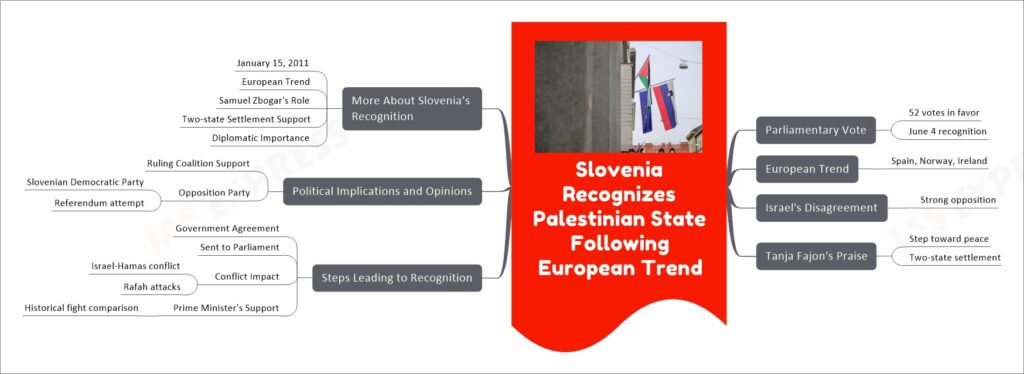
Slovenia recognized Palestine as a sovereign state on June 4, following a parliamentary vote with 52 votes in favor. This aligns Slovenia with Spain, Norway, and Ireland. Despite Israel’s opposition, Slovenia’s Foreign Minister Tanja Fajon praised the move as a step toward peace and a two-state solution. The decision was influenced by the Israel-Hamas conflict and supported by Slovenia’s ruling coalition, while the opposition party’s referendum attempt failed.
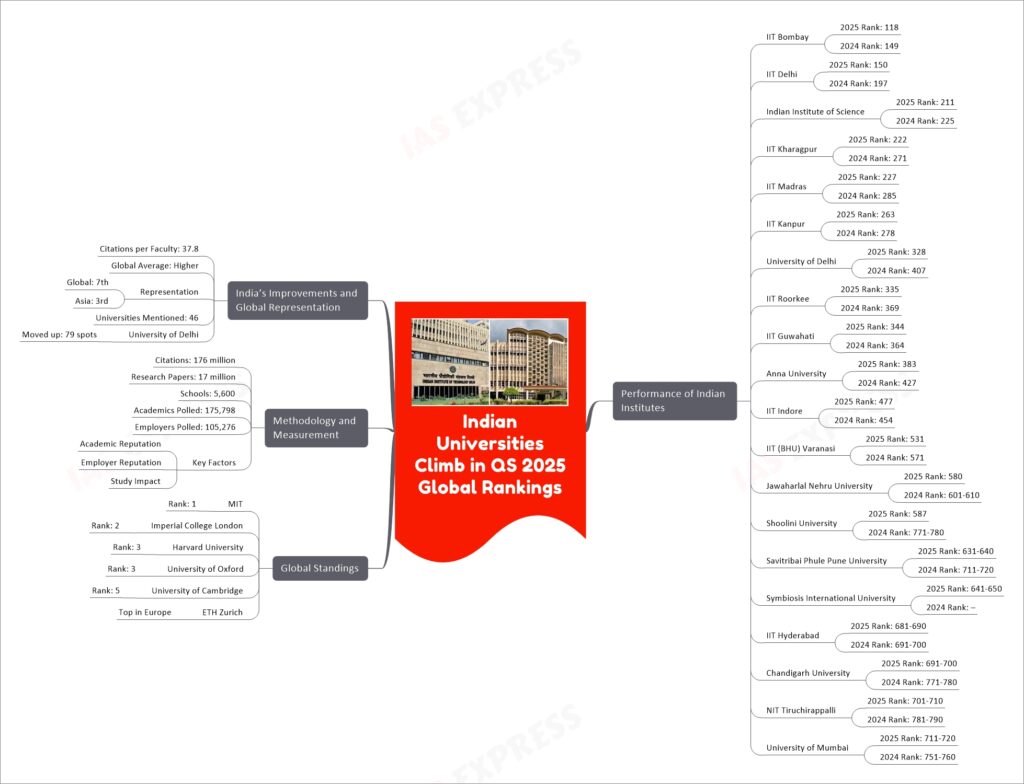
Indian universities have significantly improved in the QS 2025 Global Rankings, with 61% seeing score increases. IIT Bombay leads in India, ranking 118th globally. Notable gains include IIT Delhi and IIT Madras. Globally, MIT remains top, followed by Imperial College London and Harvard. The rankings are based on extensive data analysis and surveys. India is the seventh most represented country, with 46 universities listed, highlighting its growing importance in global higher education.

The CBIC has released a draft bill to amend the Central Excise Act, aiming to update the 80-year-old law. The new bill focuses on simplifying rules, removing outdated provisions, and adapting to the current economic climate. It includes 12 chapters, 114 sections, and 2 schedules. The bill also considers integrating petroleum products into GST. Public feedback is invited by June 26.
If you like this post, please share your feedback in the comments section below so that we will upload more posts like this.
